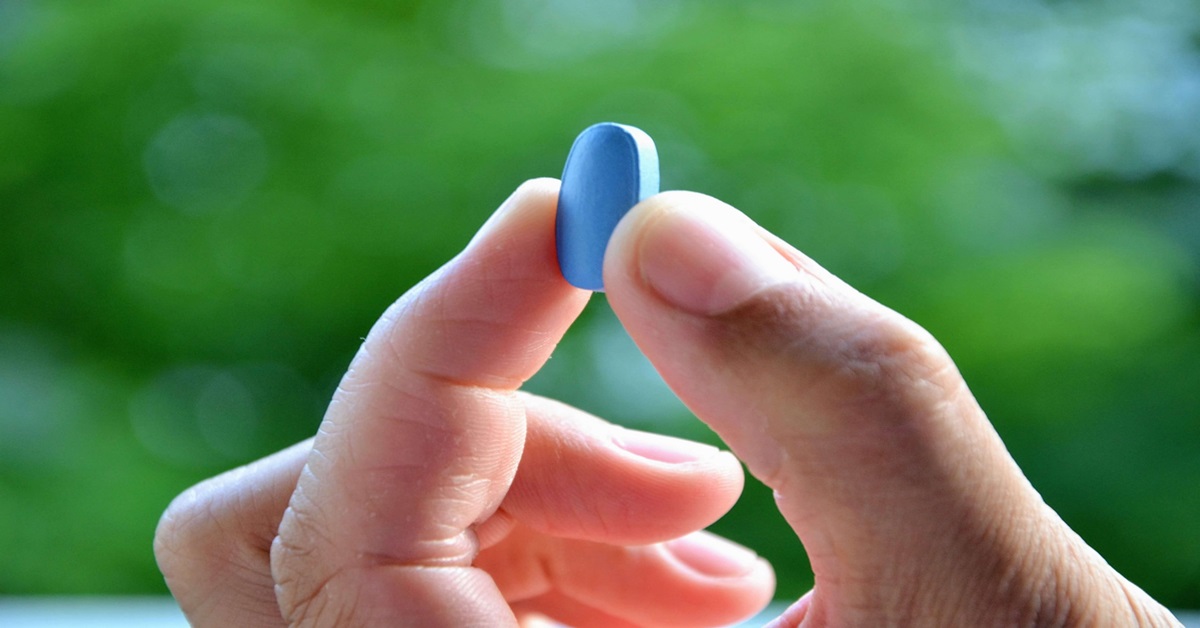Erectile dysfunction (ED) is a common condition that affects men of all ages. It is characterized by the inability to achieve or maintain an erection sufficient for satisfactory sexual performance. While the causes of ED are often linked to physical or psychological factors, temporary illnesses like the flu can also play a role in causing this condition. In this article, we’ll explore how being sick, particularly with the flu, can lead to erectile dysfunction and what steps you can take to prevent or manage it.
The Connection Between Illness and Erectile Dysfunction
When the body is battling an illness, it undergoes numerous physiological changes. Common illnesses, including the flu, cold, or other viral infections, place stress on the immune system and other bodily functions. This stress can impact sexual health, including a man’s ability to achieve and sustain an erection. Understanding how these processes affect your body provides insight into why ED can occur when you are sick.
How the Flu Impacts the Body and Sexual Function
The flu (influenza) is a respiratory virus that affects millions of people each year. Its symptoms can be severe, leading to widespread physical discomfort and fatigue. Here are the primary ways flu-related effects can cause temporary erectile dysfunction:
1. Fatigue and Weakness
One of the hallmark symptoms of the flu is extreme fatigue. The body uses a significant amount of energy to fight off the virus, leaving you feeling drained. This exhaustion affects overall vitality, including sexual desire (libido) and performance. A tired body is less likely to respond effectively to sexual stimuli, resulting in ED.
2. Dehydration and Blood Flow Issues
Fever, sweating, and reduced fluid intake during illness can cause dehydration. Dehydration affects blood circulation, which is critical for healthy erectile function. Poor circulation reduces blood flow to the penis, making it difficult to achieve or maintain an erection.
3. Fever and Inflammation
The flu often causes a rise in body temperature (fever) and systemic inflammation. Inflammation can impact blood vessels and lead to vascular issues, which are key contributors to ED. Inflamed blood vessels may not allow sufficient blood flow, causing temporary erectile difficulties.
4. Stress and Anxiety
Being sick can create mental and emotional stress. Worrying about health or recovery may elevate anxiety levels, which is known to negatively affect sexual performance. Psychological stress can disrupt the brain-body connection necessary for an erection.
5. Medications and Side Effects
Certain medications used to treat flu symptoms, such as decongestants and antihistamines, may contribute to ED. These drugs can affect blood vessels and decrease blood flow to the penis. While these effects are temporary, they can be frustrating during recovery.
Short-Term vs. Long-Term Erectile Dysfunction
It’s important to differentiate between short-term ED caused by the flu and chronic erectile dysfunction that may stem from other underlying health issues. Temporary ED related to illness typically resolves as the body recovers. However, if erectile difficulties persist after flu symptoms disappear, it may be necessary to consult a healthcare professional to explore other potential causes.
How to Prevent or Minimize Erectile Dysfunction During Illness
While some factors are unavoidable when you are sick, there are steps you can take to minimize the risk of flu-related erectile dysfunction:
1. Stay Hydrated
Drinking plenty of fluids is crucial for maintaining healthy blood circulation and preventing dehydration. Water, herbal teas, and clear broths are excellent choices for staying hydrated while recovering from the flu.
2. Rest and Recover
Allow your body the time it needs to heal. Adequate rest reduces fatigue and helps restore normal bodily functions, including sexual health. Avoid strenuous activities and prioritize sleep.
3. Manage Fever and Inflammation
Using over-the-counter medications like acetaminophen or ibuprofen can help control fever and reduce inflammation. These medications may improve circulation and reduce some of the factors contributing to ED.
4. Limit Stress
Stress management techniques, such as deep breathing exercises and mindfulness, can help alleviate anxiety. Reducing stress not only promotes quicker recovery but also improves overall sexual performance.
5. Be Cautious with Medications
If you are taking decongestants or other medications, consult your doctor about potential side effects related to ED. They may suggest alternatives that are less likely to impact sexual function.
When to See a Doctor
If you notice that erectile dysfunction persists long after flu symptoms have resolved, it’s wise to consult a healthcare provider. Chronic ED may be a sign of other health issues, including cardiovascular disease, diabetes, or hormonal imbalances, that require medical attention.
Conclusion
Temporary erectile dysfunction caused by the flu is a common but manageable condition. The fatigue, dehydration, fever, inflammation, and medications associated with the flu can all contribute to short-term ED. By staying hydrated, getting plenty of rest, managing stress, and using medications wisely, you can minimize the impact of illness on your sexual health. If ED continues beyond your flu recovery, seek professional advice to rule out other underlying causes. Taking care of your health ensures both a strong immune system and a healthy sex life.









